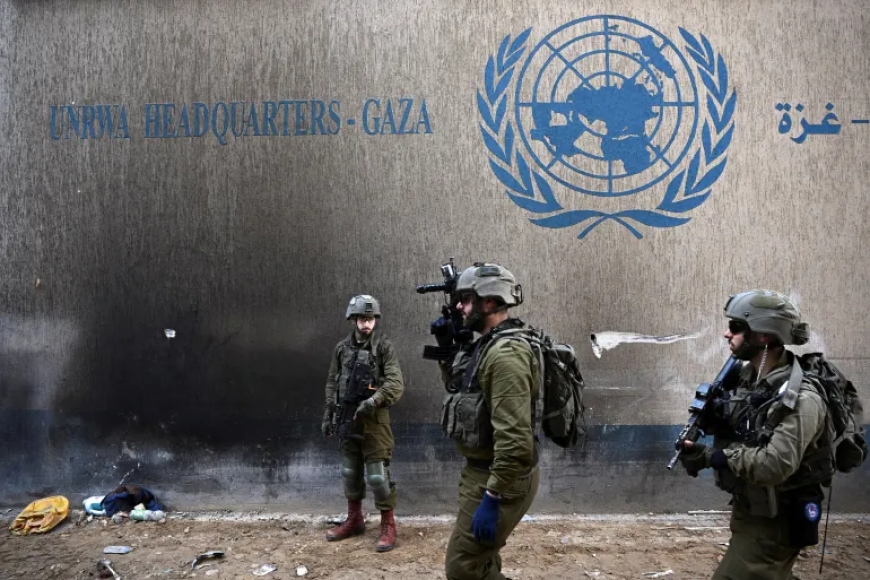According to UN reports, among Gaza's escalating conflict, women and children account for seventy percent of the civilian casualties.

Emphasizing the great impact on people, particularly women and children, the United Nations has issued a sobering warning on the human cost of the continuous fighting in Gaza. In its most recent report, the UN Human Rights Office underlined the humanitarian situation Gaza faces by revealing almost seventy percent of the Palestinians killed or injured since the escalation of the violence are women and children.
The Ground's Current Situation
Home to more than two million people, the Gaza Strip is suffering the most from constant artillery fire and airstrikes as confrontations get more severe. Although this highly populated area has seen recurring strife, the scope of this escalation has caused hitherto unheard-of agony. Thousands of dead are hitting Gaza's already taxed healthcare system, overwhelming hospitals and reducing medical supplies. Humanitarian groups claim that blockades and bombs prevent people from fleeing, therefore trapping them with restricted access to safe havens.
Apart from the estimated 43,400 deaths, the UN has recorded more than 102,500 injuries among Palestinians. The UN alerts that most of the casualties are women and children, who suffer the most from the continuous military operations. About 85% of Gaza's population today consists of internally displaced people pushed from their homes.
The Reaction and escalation
Beginning in reaction to cross-border strikes, Israel's campaign has been a high-intensity assault on highly inhabited areas of Gaza. The government of Israel claims its activities are meant to neutralize dangers presented by armed Palestinian factions functioning inside Gaza. These factions have promised to keep their resistance going, hence strengthening rocket strikes into Israeli territory. But the way the operations affect people worries foreign observers and human rights groups more and more. Globally appeals for de-escalation and humanitarian action are driven by images of devastation and suffering among Gaza's population.
Appeals for Ceasefire Globally
The world community has answered with a rising chorus of calls for an instantaneous ceasefire. Many UN agencies, human rights groups, and several international leaders have urged Israel to stop bombings endangering disproportionately vulnerable populations. Calling for both sides to give civilian protection top priority in conformity with international humanitarian standards, the UN Secretary-General Diplomatic attempts to arbitrate the dispute, however, remain difficult as geopolitical tensions around the matter get more pronounced.
A Diminished Humanitarian Crisis
Humanitarian organizations warn of a likely breakdown of Gaza's essential services as conflict carries on. Blockades aggravate the situation by putting vital supplies such food, water, and medical aid dangerously in shortage. International NGOs are rushing to provide vital help when access is severely restricted, so aggravating the situation.
The UN and other humanitarian organizations warn of serious psychological trauma among young survivors who experience displacement, the loss of family members, and damage of their homes and schools, therefore the toll on Gaza's youngsters is especially terrible.
The Road Ahead
The UN's assessment underlines the pressing need of a humanitarian ceasefire as well as fresh diplomatic initiatives to stop more civilian casualties and therefore calm the crisis. Emphasizing the need of a lasting and peaceful settlement to the Israeli-Palestinian conflict, the plea reflects a long-standing demand by worldwide human rights organizations.
The international community confronts a turning point to argue for a road forward that respects and defends the rights of people, especially the most vulnerable as the world observes. The terrible cycle of bloodshed in Gaza can be broken only by coordinated action and a dedication to peace, therefore offering hope for a future free from the grasp of misery and fear.













































